 |
 |
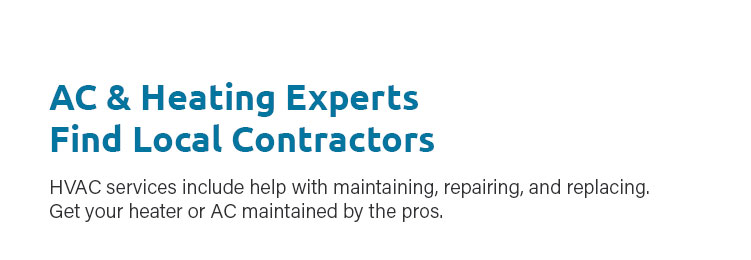 |
 |
 |
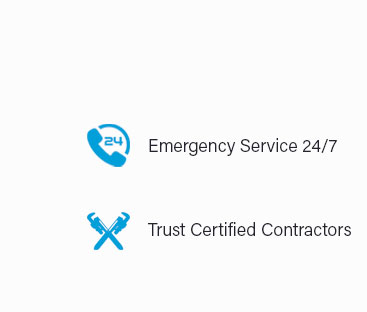 |
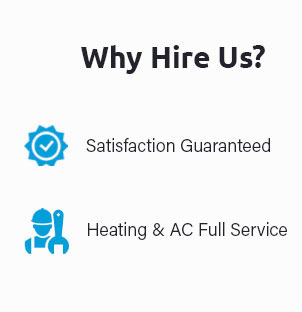 |
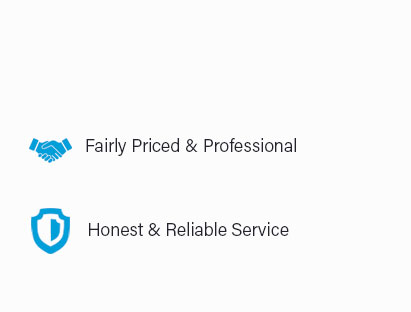 |
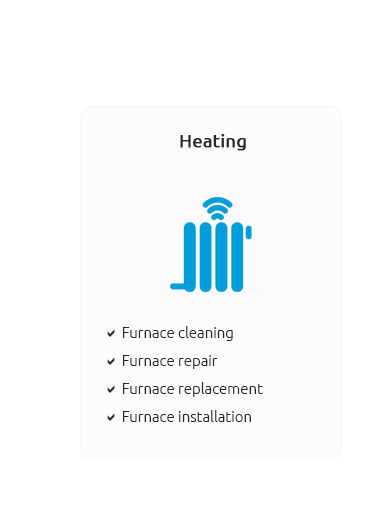 |
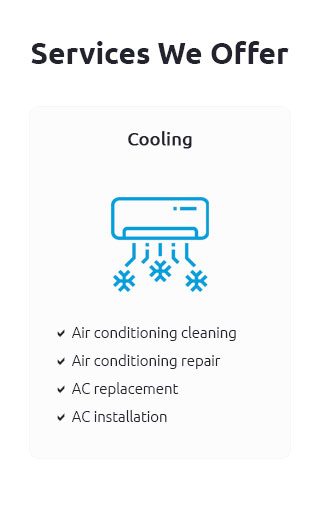 |
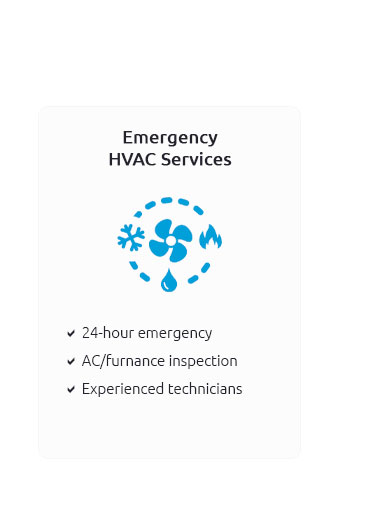 |
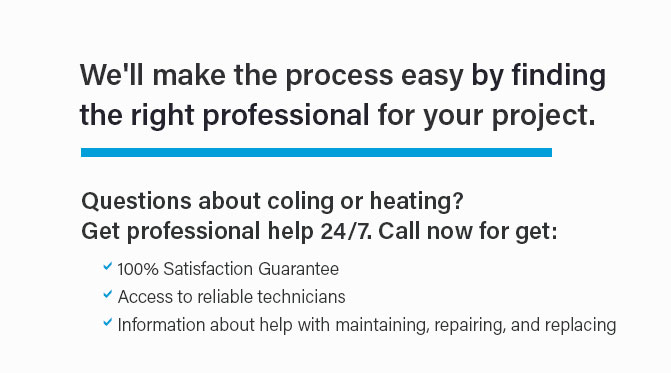 |
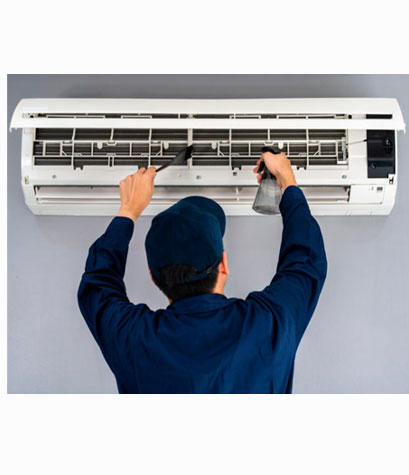 |
 |
 |
 |
|
Discover unparalleled comfort and peace of mind with our elite HVAC services, where expert AC and heating professionals are just around the corner to meet your every need; from the precision of oil furnace repair in your area to finding local contractors who bring warmth and cool breezes back to your home, our seasoned experts blend cutting-edge technology with personalized care to ensure your indoor climate is always perfect, making us your ultimate destination for all things heating and cooling.
https://www.calldad.com/heating/oil-furnace-repair
The next step will be to call your neighborhood Dad. There is always someone to answer your call, ensuring a technician is on the way in minutes. https://www.petro.com/heating/furnace-boiler-repair-service
Petro Home Services offers fast and reliable oil furnace repair and boiler heating system repair. Our licensed and certified technicians are always on call. https://www.serviceexperts.com/heating-services/oil-furnaces/
When your oil furnace won't turn on or the reset button keeps triggering, call Service Experts Heating, Air Conditioning & Plumbing.
|